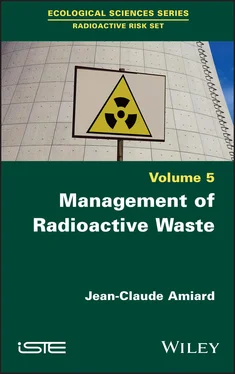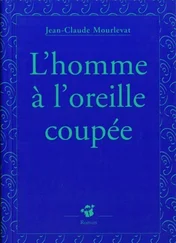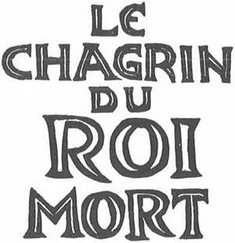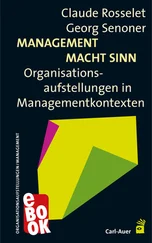Globally, the volumes of radioactive waste at the end of 2013, both solid and liquid, in interim and final storage, for the various categories are shown in Tables 1.15and 1.16. LLW is the largest category.
Table 1.15. Radioactive waste in temporary storage globally at the end of 2013 (in m3) (source: [IAE 18a])
| Category |
Solid |
Liquid |
Total |
| VLLW |
2,356,000 |
|
2,356,000 |
| LLW |
3,479,000 |
53,332,000 |
56,811,000 |
| ILW |
460,000 |
6,253,000 |
6,713,000 |
| HLW |
22,000 |
2,786,000 |
2,808,000 |
The global waste volumes that are permanently stored are 69% for LLW, 29% for VLLW and only 1.63% for ILW and 0.06% for HLW.
The distribution of total activity is 95% for HLW, 3% for ILW, 1.5% for LLW and 0.5% for VLLW [IAE 18a].
Table 1.16. Radioactive waste in final storage globally at the end of 2013 (in m3) (source: [IAE 18a])
| Category |
Solid |
Liquid |
Total |
| VLLW |
7,906,000 |
|
7,906,000 |
| LLW |
20,451,000 |
39,584,000 |
60,035,000 |
| ILW |
107,000 |
8,628,000 |
8,735,000 |
| HLW |
0 |
68,000 |
68,000 |
Radioactive waste is a radioactive substance for which no further use is planned or envisaged. This definition has many implications and divides states into two groups depending on whether their nuclear fuel cycle is open or closed. In the first case, all spent fuel is considered as waste; in the second case, it is radioactive material that can still be used.
The IAEA proposes a classification of radioactive waste based on two criteria: the level of mass activity of the waste and the physical period or half-life of the radionuclide present in the waste. Each state has adopted its own classification, which has a strong influence on the management of radioactive waste.
The origin of radioactive waste is multiple. All activities, whether military or civilian, generate radioactive waste. However, it is the decommissioning and dismantling of nuclear installations that generate the largest volumes. The reprocessing of spent fuel, carried out by a small number of states that have adopted the closure of the nuclear fuel cycle, generates larger volumes of waste, all categories combined, but less high-level waste than the open cycle. Indeed, in the case of an open fuel cycle, the volume of spent fuel is large and this waste is hazardous and difficult to store.
A number of historical nuclear wastes, such as military wastes, mining residues and others, pose difficult conditioning and management problems.
Конец ознакомительного фрагмента.
Текст предоставлен ООО «ЛитРес».
Прочитайте эту книгу целиком, купив полную легальную версию на ЛитРес.
Безопасно оплатить книгу можно банковской картой Visa, MasterCard, Maestro, со счета мобильного телефона, с платежного терминала, в салоне МТС или Связной, через PayPal, WebMoney, Яндекс.Деньги, QIWI Кошелек, бонусными картами или другим удобным Вам способом.












